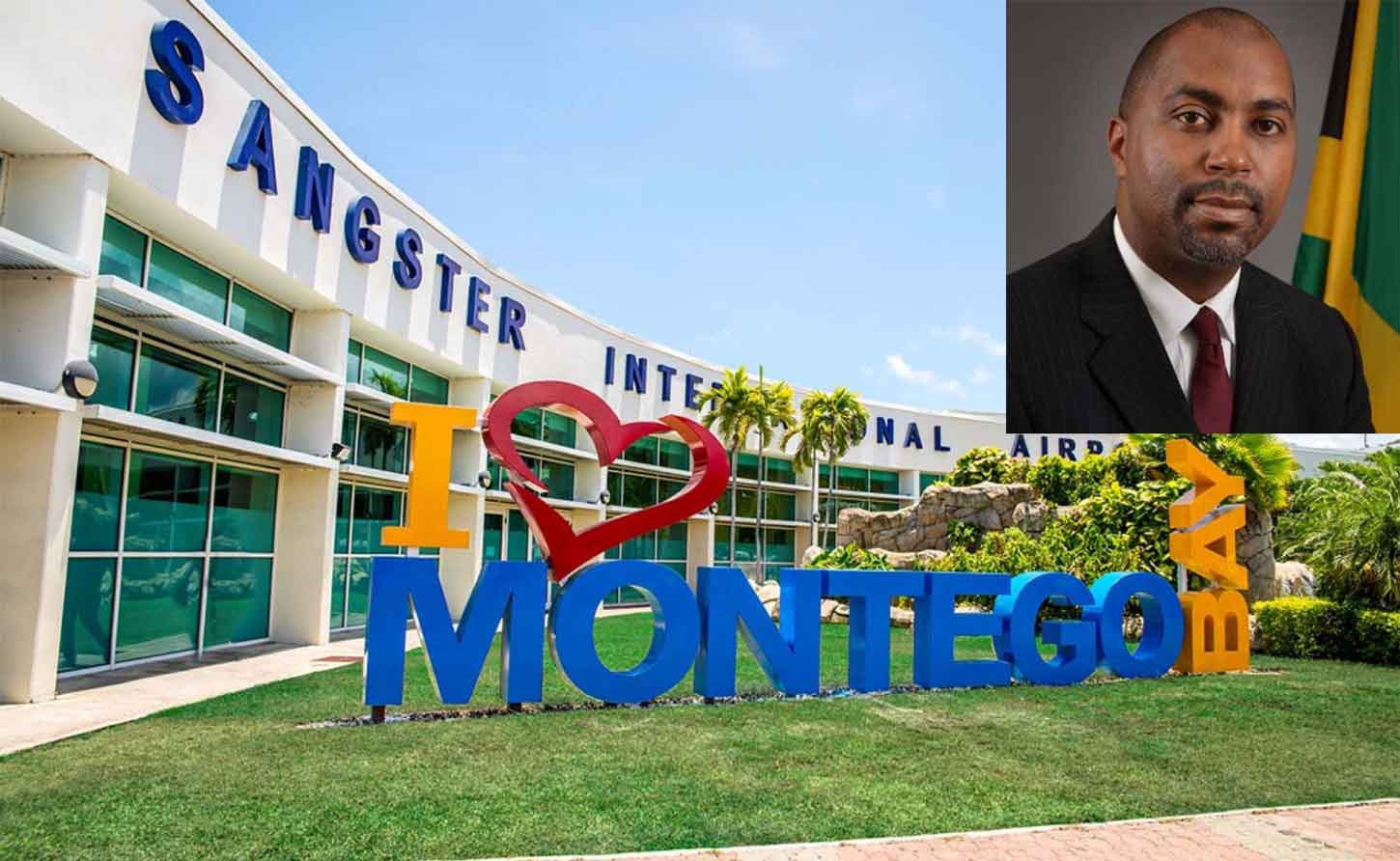JAMAICA | PNP Alarmed: Gov't Pawns Future MBJ Airport Revenues to Fund Today's Spending Spree

KINGSTON, Jamaica, July 11, 2025 - Jamaica's government is once again reaching into tomorrow's pockets to pay today's bills, this time pledging future revenues from its busiest airport to fund current expenses—a move that opposition lawmakers warn signals the administration's alarming lack of a coherent growth strategy.
The proposed US$385 million securitization of Montego Bay's Sangster International Airport revenues through a special-purpose vehicle called Montego Bay Airport Revenue Finance Limited (MoAir) represents the second such deal in barely a year, following last year's similar arrangement for Norman Manley International Airport.
While the government touts water infrastructure improvements among the transaction's benefits, opposition finance spokesman Julian Robinson emphasizes that proceeds will also support "general budgetary" needs—essentially using future airport earnings to plug holes in current spending.
Robinson's criticism cuts to the heart of Jamaica's fiscal predicament. "There is a difference between raising capital for long-term infrastructure projects and pledging away future government revenues to meet today's expenses," he argued, likening the practice to "receiving your salary ten years in advance just to cover your current bills, with no plan to sustain yourself in the years ahead."
The timing of this financial maneuver is particularly troubling given Jamaica's lackluster growth projections. The World Bank expects Jamaica's economy to grow just 1.7% in 2025, while the government's own medium-term forecasts project a meager 2.2% growth in 2025/26, followed by an anemic 1% annually through 2028/29. These numbers tell a sobering story of an economy treading water rather than swimming toward prosperity.
Airport revenue securitization, while not inherently problematic, becomes concerning when used as a fiscal crutch rather than a strategic tool. Securitization creates liquidity by pooling debt and selling cash flows to investors, but it also reduces future flexibility and can mask underlying fiscal weaknesses.
The practice allows companies to potentially borrow at higher credit ratings than their overall corporate profile would suggest, but this benefit comes at the cost of surrendering future revenue streams.
The opposition's concerns extend beyond the immediate transaction to broader questions of transparency and parliamentary oversight.
Robinson highlighted that these securitization deals include "Top Up" agreements where the government assumes contingent liabilities, yet these transactions are "being treated as outside the scope" of the Public Debt Management Act, circumventing required parliamentary approval.
This financial sleight of hand occurs against the backdrop of ambitious airport expansion plans, with Sangster International preparing for over US$180 million in infrastructure upgrades through 2030 to handle projected passenger growth.
The irony is palpable: while the airport operator invests in long-term capacity, the government mortgages the facility's future earnings for short-term relief.
Caribbean airports face unique vulnerabilities that make such financial arrangements even riskier. The region's airports, often located near coastlines, have paid a heavy toll from increasingly frequent storms and hurricanes, with damage costs reaching hundreds of millions.
A 2021 study identified Sangster International Airport as one of the top 20 most vulnerable international airports to climate change-caused sea level rise.
The broader implications extend far beyond airport financing. When governments rely on securitization to fund current operations rather than growth-generating investments, they essentially defer rather than resolve underlying fiscal challenges.
The global airport industry's experience during the pandemic, when debt-to-EBITDA ratios soared from pre-pandemic levels of 5:1 to 13:1 in 2021, demonstrates how quickly airport revenues can evaporate during crises.
Robinson's call for transparency resonates particularly strongly given Jamaica's fiscal track record. While the country has made significant progress reducing public debt from over 140% of GDP in 2013 to 73.4% in FY2023/24, the temptation to use securitization as a quick fix threatens to undermine this hard-won progress.
The fundamental question remains: Is Jamaica building a sustainable economic future or simply buying time? The answer may determine whether these airport deals represent shrewd financial engineering or a dangerous detour from the path to genuine prosperity.
Without a credible strategy to accelerate economic growth beyond the current anemic projections, securitization becomes less a tool of progress and more a symptom of fiscal drift.
As Robinson aptly concluded, while financing tools like securitization can play a role in fiscal management, they cannot substitute for a clear strategy to grow the economy. Jamaica's future depends not on how cleverly it can package today's assets, but on how effectively it can create tomorrow's wealth.
-30-
